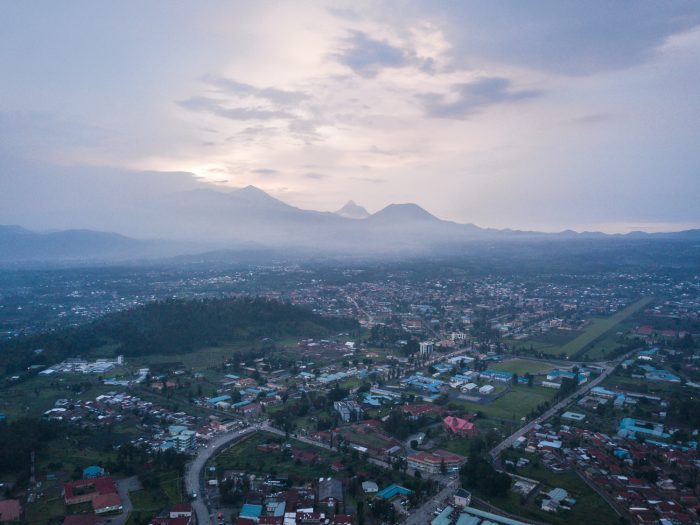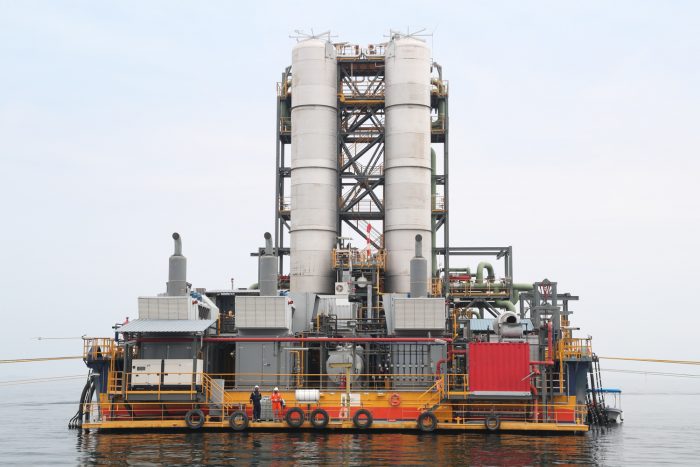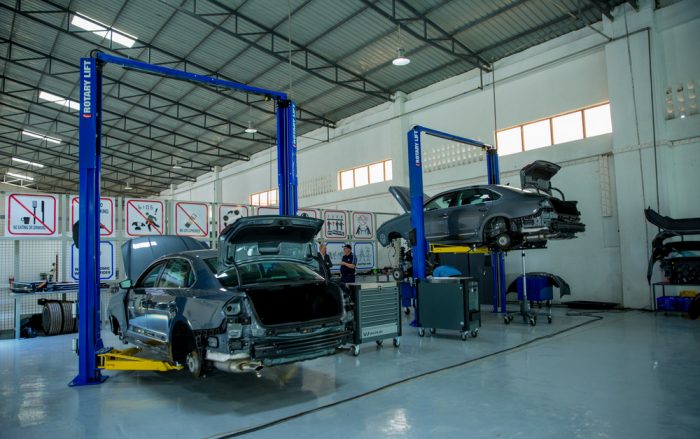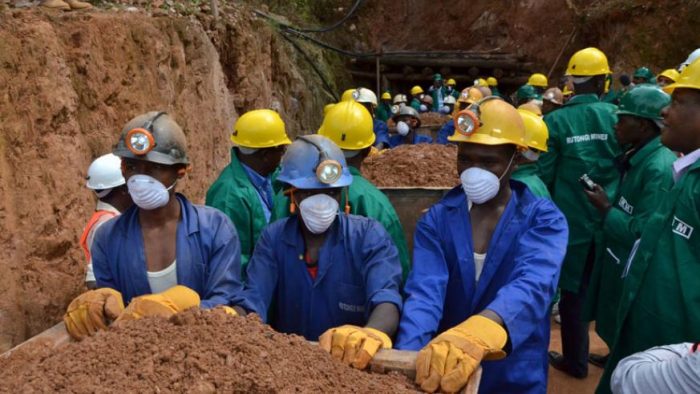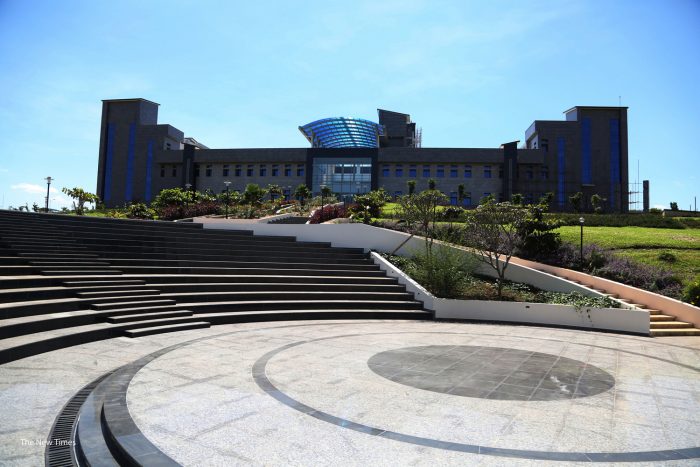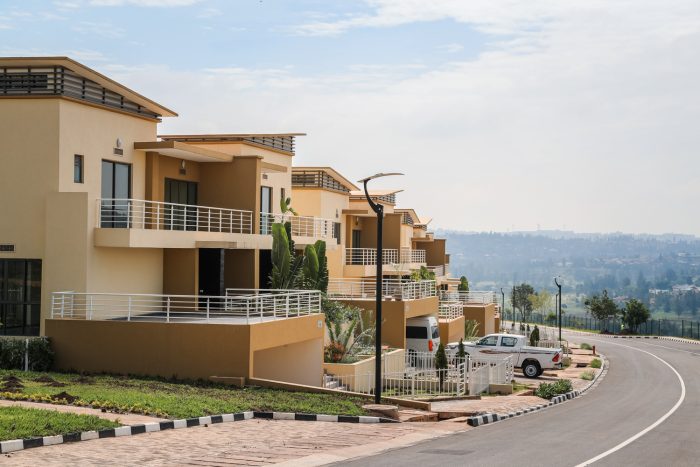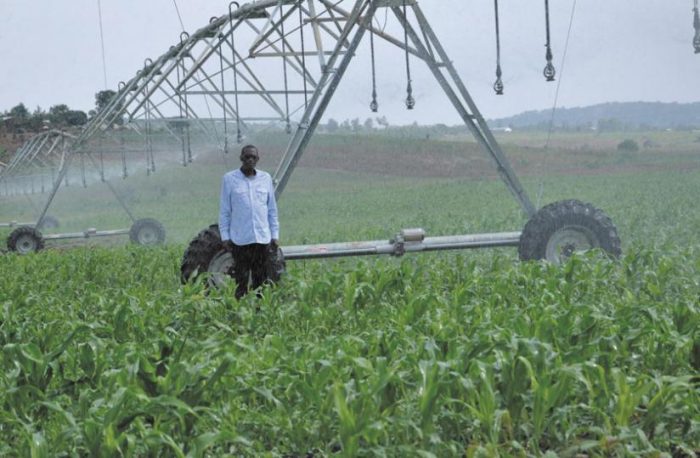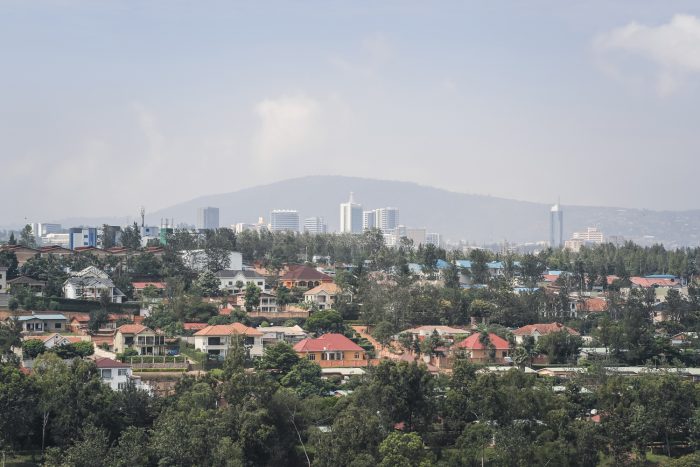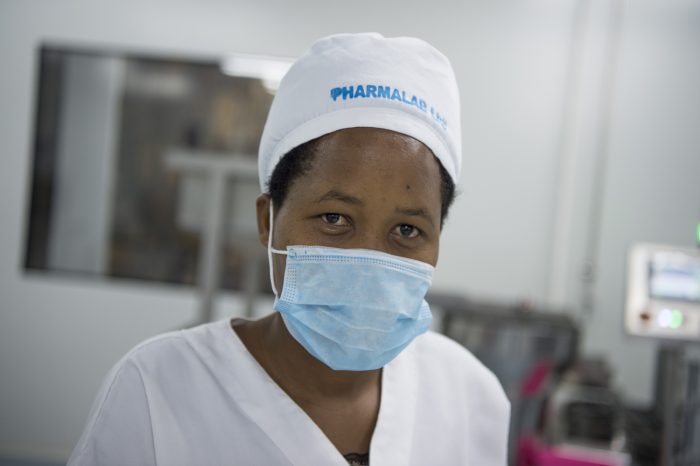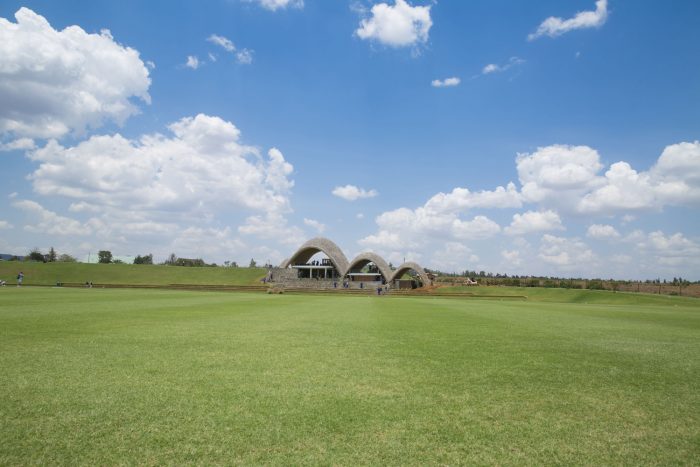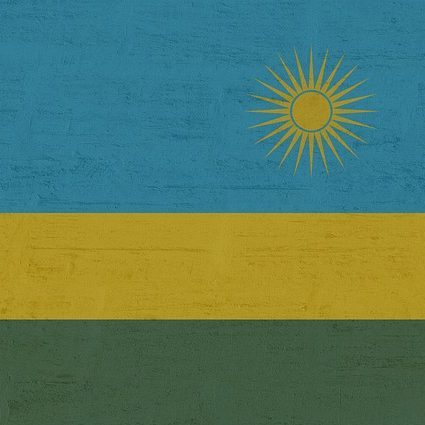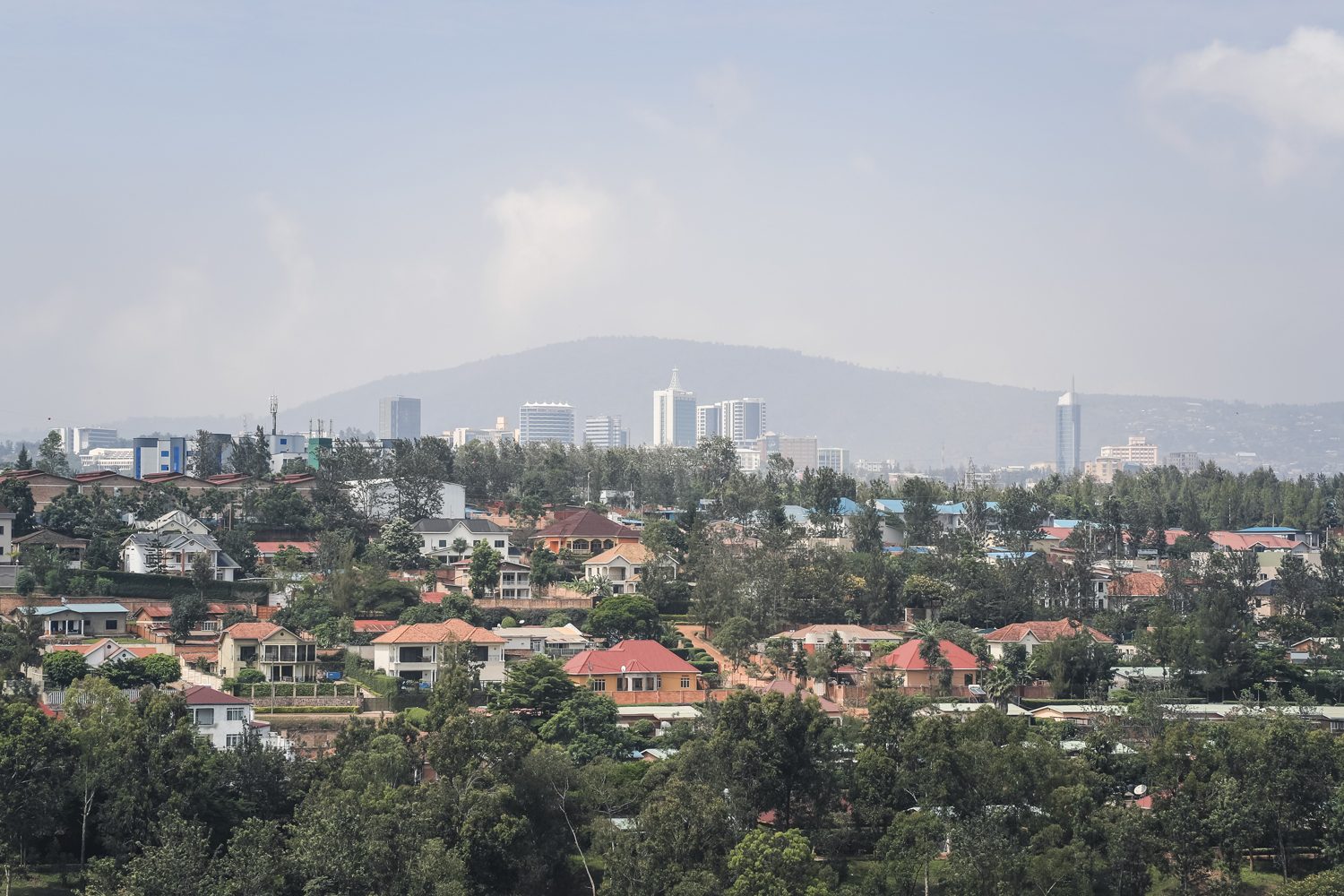Rwanda’s financial sector has made great strides towards becoming modern. The sector is stable, well-capitalized, profitable, and liquid. The sector consists of a vast and growing array of institutions, a stock exchange, Banks, microfinance institutions, savings and credit cooperatives (SACCOs), insurance companies, and pension funds and is becoming increasingly diversified.
In terms of total assets, the banking sector continues to dominate the financial system with Banks 66.1%, followed by the pension, insurance, and microfinance with 17%, 9.7%, and 6.4, respectively.
Rwanda’s priorities are to increase long-term savings and credit to the private sector to 30% of GDP. This will be achieved by enhancing savings mobilization, especially long-term savings and mobilization of long-term capital for investment.
The government has started to regularly issue bonds to deepen the capital market and lengthen the yield curve, with the most extended maturity today being twenty years.
Rwanda aims to become a Business and financial center of excellence. The country has started to attract large-scale investment opportunities in new and upcoming sectors, including green and sustainable financing and FinTech.
International bank representative office
International banks can adopt a low-risk familiarization route into the Rwandan market by establishing a representative office in Rwanda.
- An International/Global bank represented in Rwanda will be in a position to support large projects initiated by both government and private sectors. This will include financing through syndication or directly and also transaction advisory services.
- The Rwandan economy presents various opportunities for the representative bank office to introduce to the wider bank group. These opportunities range from Trade Finance, investment management, corporate structuring, corporate finance, Treasury and Pension Fund Management, and asset finance, to mention but a few.
- The recent Africa 2018 Wealth report highlights that Rwanda will be one of the strongest performing wealth markets over the next ten years.
Agricultural financing
Increased credit in the agriculture sector is key to ensuring the development of the industry in Rwanda.
Several innovations/products (weather-based crop insurance, warehouse receipt schemes, etc.) can be introduced to improve value chains within the agriculture sector.
SME financing
Small and Medium Enterprises are the lead drivers of job creation and economic development in Rwanda. If the business environment for these firms can be improved, they can become more profitable, increase in size, and tap into regional and global markets.
Financial institutions experienced in SME financing such as private equity and venture capital funds will help to increase access to finance for this category of enterprises.
Real estate investment trust
Commercial REITs present a massive opportunity for the Rwandan Market, especially financing and supply options for affordable housing, shopping malls, hotels, and offices.
Also, our business and financial ecosystem offers access to products and services that are conducive for activities such as Fund Management; Private Equity Investments and Global Trading
- A preferential corporate income tax rate of fifteen percent (15%) is accorded to a registered investor operating in the following financial services: global business activities, private equity funds, fund management, wealth management; mutual funds, collective investment schemes, captive insurance schemes, venture capital, and asset-backed securities. This incentive excludes locally-oriented fund and wealth management, retail banking, and insurance activities.
- Corporate income tax holiday of up to five (5) years is accorded to Microfinance institutions approved by competent authorities from the time of their approval.
- A registered investor does not pay capital gains tax. However, income derived from the sale of commercial immovable property shall be included in the taxable income of the investor.
- A registered investor is entitled to a flat accelerated depreciation rate of fifty percent (50%) for the first year for new or used assets if he/she meets the criteria under investment law
- A registered investor and his/her dependants is issued with a residence permit under relevant laws.
- A registered investor who invests an equivalent of at least two hundred fifty-thousand United States Dollars (USD 250,000) may recruit three (3), foreign employees, without necessarily demonstrating that their skills are lacking or insufficient on the labor market in Rwa

